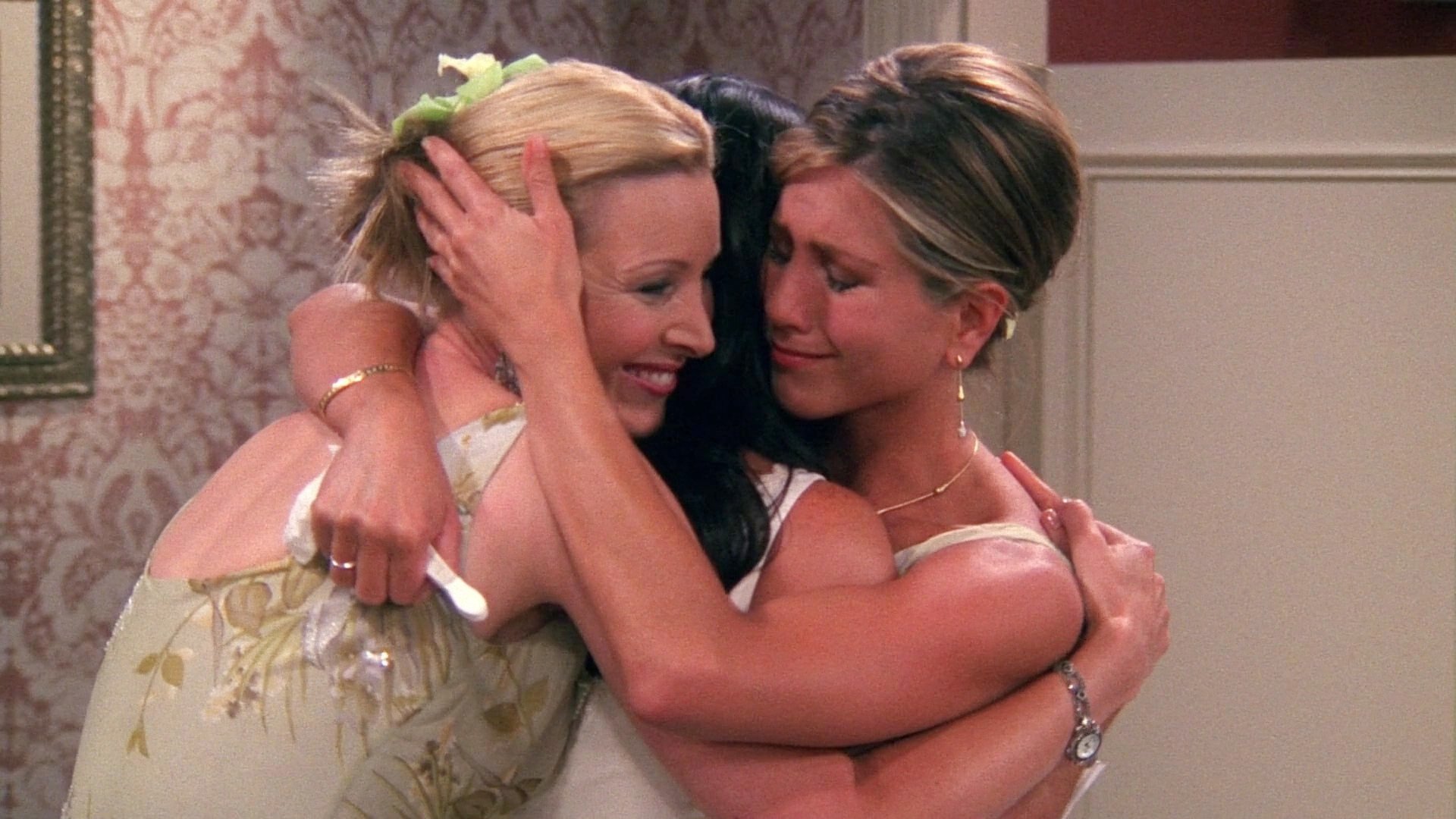

Here, indisputably, is a film to be seen on the big screen as nature - or at least the filmmakers - intended. '1917' Filmmaker Sam Mendes on Crafting His World War I Drama in a Single ShotĪ strong case could be made for the position that just going ahead and making a simple cut from one perspective to another wouldn’t palpably diminish the impact of the work who would really care if you just made judicious cuts instead of hiding them in darkness or by some other means? But, like trailblazers in any realm of endeavor, they set themselves a challenge and figured out a way to pull it off, and the result is magnificent by any standard. The simplicity of the setup for cinematic purposes possesses an undeniable elemental appeal, and Mendes and his cinematographer Roger Deakins have set for themselves the challenge of telling it seamlessly, without any jumps in time or visible edits, in order to depict the entirety of the men’s journey without skipping over a thing.

This sort of format has served as the basis of any number of video games set in innumerable eras of warfare and can involve as many risks and complications as its inventors care to concoct. The journey entails a high-risk overnight trek across dreadful, pock-marked terrain until very recently occupied by the Germans, which means booby traps and other dangers certainly lurk along the way. Mackenzie ( Benedict Cumberbatch), commander of the 2nd battalion, contains orders not to proceed with a planned advance from the front because of intelligence confirming that it’s an enemy trap. The missive, to be handed personally to Col. The film’s plot and format could scarcely be simpler: Two young lance corporals, Schofield (George MacKay) and Blake (Dean-Charles Chapman), stuck with 1,600 other British soldiers in trenches on the Hindenburg Line on April 6, 1917, are dispatched to deliver a letter by General Erinmore (Colin Firth). Notable technically for the real-time fluidity of its presentation of ongoing events across nearly two hours, this is a protean display of virtuoso filmmaking, one that film aesthetes will wallow in but that even ordinary audiences will note and appreciate. It’s a missing detail you just have to forgive in Sam Mendes’ otherwise exemplary panorama of the horrors of war designed as an inescapable immersion in the unrelieved pressure and sheer wretchedness of the battlefront.

As we now know from the ample evidence provided by Peter Jackson’s extraordinary rehabilitation of World War I documentary footage in last year’s They Shall Not Grow Old, British soldiers at that time had the most irregular, untended, misshapen, minds-of-their-own choppers seen anywhere in the 20th century.


 0 kommentar(er)
0 kommentar(er)
